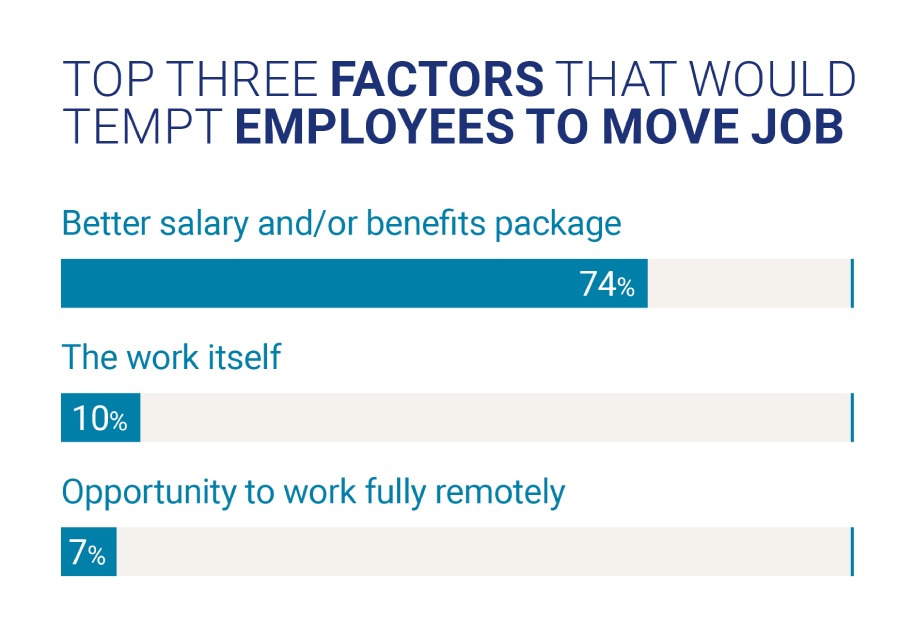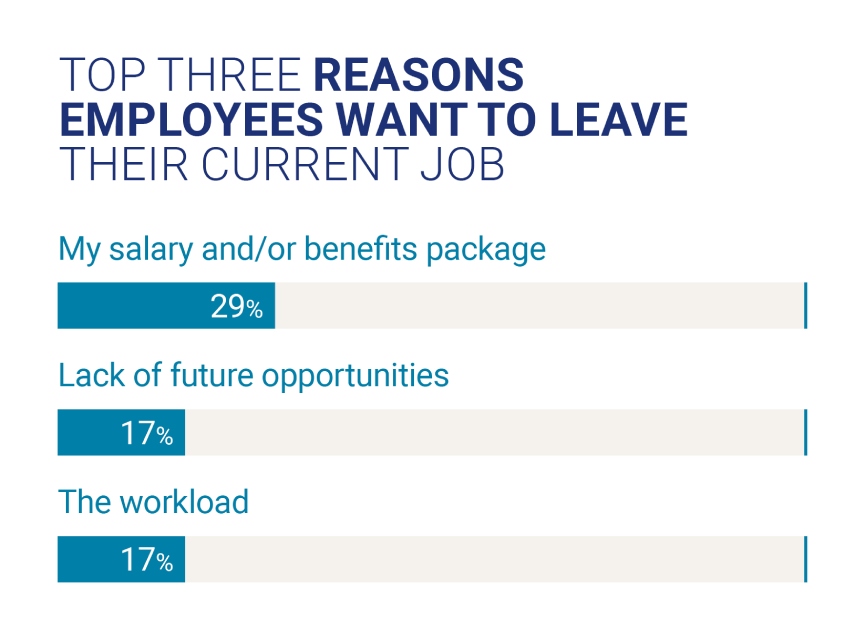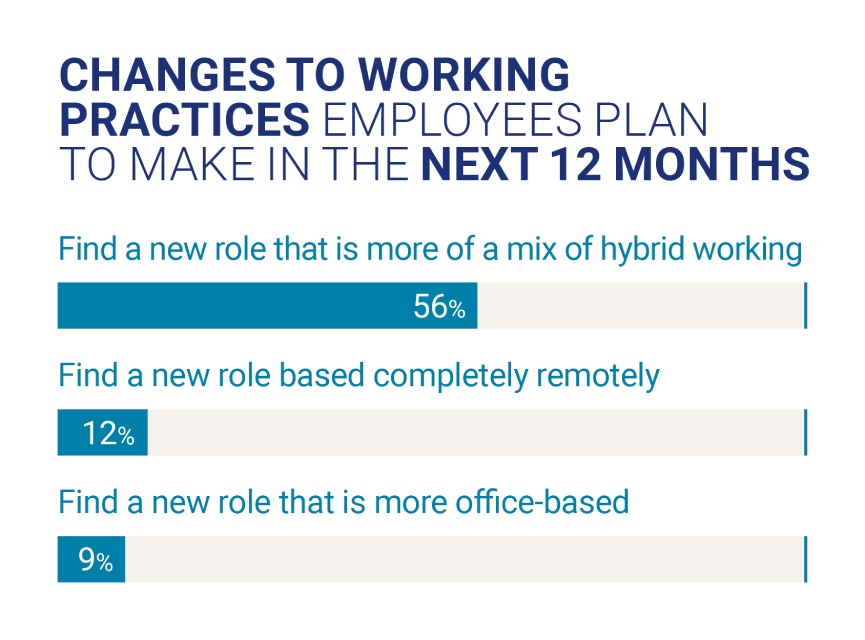Roddy Adair, Director at Hays specialising in Personal and Executive Assistants, shares the findings of Hays 2023 UK Salary & Recruiting Trends PAs and EAs. The guide is based on a survey of over 13,000 employers and professionals. The guide gives an insight into the opinions of individuals across a range of industries, including almost 450 either working as, or hiring, Personal and Executive Assistants.
Throughout 2022 there were a number of changing situations which undoubtedly impacted the world of work. There were, and continue to be, significant skills shortages across several sectors, salaries came under the microscope and more and more professionals prioritised their work-life balance post pandemic.
Where do Personal and Executive Assistants stand in all of this?
Our research reveals the work patterns that PAs and EAs experienced during 2022 and what the year ahead has in store for the professionals working in these roles.
STARTING WITH SALARY TRENDS FOR PAs AND EAs
Unsurprisingly, the cost-of-living crisis placed salary high up on people’s agendas. Last year, 81% of employers increased salaries for PAs and EAs, whilst 19% kept salaries the same. Although salaries seem to be on the rise, the roles only saw a2.9% average salary increase last year, which is below the overall UK average of 5.4%.In terms of salary satisfaction, 61% of personal and executive assistants say they are satisfied, whereas 39% are unhappy with how much they are being paid. Over a third (36%) of PAs and EAs moved jobs in the past 12 months and close to a third(32%) cited a low salary as the reason for leaving their last job.
PAs and EAs have taken on more responsibilities in recent years, but pay hasn’t necessarily kept up with this trend, having a detrimental impact on employee morale. That being said, organisations are slowly beginning to increase salaries in order to attract and secure those with specialist skillsets. PAs and EAs will be pleased to hear that three-quarters (75%) of employers expect to increase pay in2023. But, as our findings show, pay certainly isn’t everything.
THE IMPORTANCE OF WORK-LIFE BALANCE
Aside from salary, having a good work-life balance was reported as the most crucial factor by 50% of PAs and EAs when considering a new role. This is compared to 39% who said the same the year prior. On an optimistic note, over half(54%) of these professionals give their work-life balance a positive rating. One way of achieving this balance could be through flexible hybrid working. Whilst over two-thirds (69%) of organisations currently offer their PAs and EAs hybrid working, 70% of Assistants could be tempted to change employer if they had a say in how often they were in the office. Ultimately, PAs and EAs really want flexibility when it comes to hybrid working.
Our research found that personal and executive assistants take into account several factors when searching and applying for anew job and 44% of PAs and EAs anticipate they will move jobs within the next 12 months. Many (89%) PAs and EAs look for a strong sense of purpose within a prospective organisation; as purpose unites employees and enables them to feel as though they are making a positive difference, it also has a positive impact on productivity.
The Salary and Recruiting trends for PAs and EAs survey shows that environment is important to Assistants. 89% believe an organisation’s commitment to sustainability is important for deciding if they want to work there. This aligns with the growing concern across several industries in terms of going green in business.
Finally, joining a diverse and inclusive culture is essential to76% of PAs and EAs, which is another important factor for organisations to take into consideration when reaching out to attract and retain the top talent.
THE BIGGER PICTURE
As seen across several industries, the majority (89%) of those in charge of hiring PAs and EAs had to contend with skills shortages in 2022, compared to 70% in the year before. This is a big increase. According to employers, the main cause of skills shortages is competition from other organisations (60%).
Hiring plans are set to continue as more than three-quarters(78%) of employers intend on recruiting PAs and EAs in the upcoming year. 74% of those hiring PAs and EAs are likely to hire someone who does not tick all the relevant boxes, with the intention of upskilling them. Whilst an openness to upskilling is a step in the right direction, businesses would benefit from investing in better training and development initiatives to appeal to the best individuals. It’s no surprise that many employers seek soft skills when looking to fill PA and EA roles.
Our survey found that the most in-demand soft skills are communication and inter personal skills (63%), followed by flexibility and adaptability (54%) and problem-solving (48%). Positively, almost all (99%) respondents believe they have the skills needed to fulfil their current role; 7% slightly agree and a further 92% of PAs and EAs are confident in their abilities and strongly agree. Organisations ought to be highly attuned to the things PAs and EAs value most to stand in good stead for competing in today’s candidate-driven market.



















